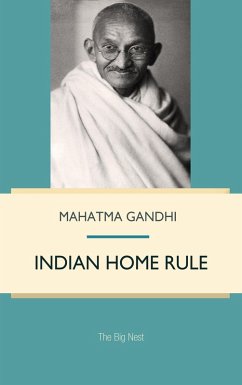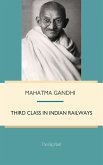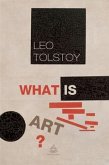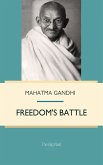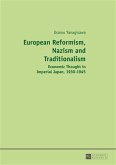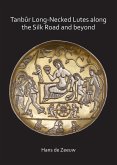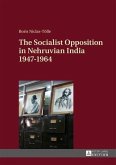The booklet is a severe condemnation of 'modern civilization.' My conviction is deeper to-day than ever. I feel that if India would discard 'modern civilization' she can only gain by doing so. But I would warn the reader against thinking that I am to-day aiming at the Swaraj described therein. I know that India is not ripe for it. It may seem an impertinence to say so.
Dieser Download kann aus rechtlichen Gründen nur mit Rechnungsadresse in A, B, BG, CY, CZ, D, DK, EW, E, FIN, F, GR, HR, H, IRL, I, LT, L, LR, M, NL, PL, P, R, S, SLO, SK ausgeliefert werden.

